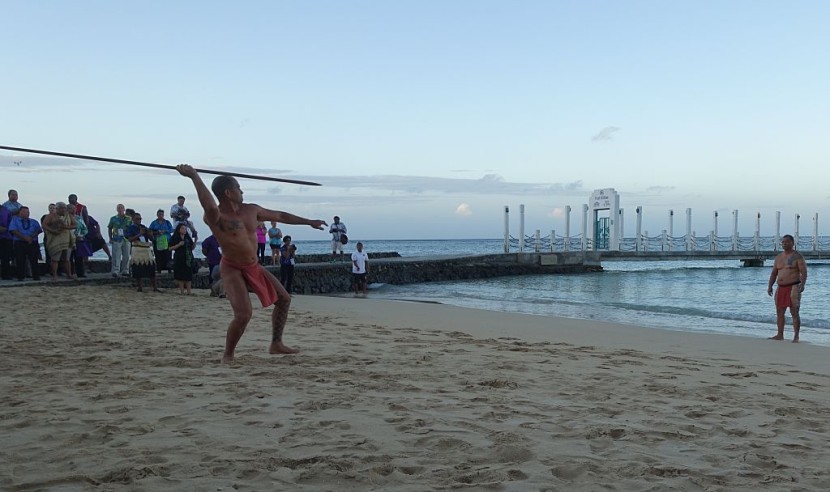Every year, 15,000 native Hawaiians migrate to the mainland, which now has a larger Hawaiian population than Hawaii. There are concerns that rebuilding from the summer wildfires on Maui will result in even more displacement.
Native Hawaiians, unlike city dwellers priced out of the suburbs, are not simply leaving their homes. They are also fleeing their homeland due to rampant development, an influx of mainlanders moving to the state, and growing tourism.

Hawaiians are settling on the mainland in what has been dubbed the "Ninth Island of Hawaii," Las Vegas, Nevada. It may appear to be an unusual choice, but Hawaiians were pioneers of the city's entertainment scene in the 1950s and 1960s, and visitors eventually became residents. The trickle of people moving to Vegas became a near exodus as the cost of home ownership in Hawaii skyrocketed.
Read also: Over 100 Dolphins Die in Amazon as Water Temperatures Reach Record Highs
Why They're Moving Out of Hawaii
The reasons for migration vary from family to family, but economic prospects in Hawaii are a major factor.
According to a Kamehameha Schools study, the high cost of living in Hawaii, combined with a lack of job opportunities and career growth, is to blame. According to Payscale, the cost of housing in Hawaii is 214% higher than the national average, and the overall cost of living is 84% higher.
Many residents work in low-wage service jobs, and financial hardship is especially severe for Hawaii's indigenous people.
According to a state analysis published last year, a single person working 40 hours per week in Hawaii would need to earn $18 an hour to pay for housing and other necessities, but the state minimum wage is currently $12 an hour.
There is also a contentious blood quantum requirement, which states that Native Hawaiians must be at least 50% Hawaiian. Finding 50% Hawaiians has become increasingly difficult as Hawaiians have intermarried.
According to one study, Hawaii is the most expensive state to live in, with the average Maui home valued at $1 million.
The most recent wildfire also caused home prices to skyrocket. Many Native Hawaiians and long-term residents working in Lahaina, the original capital of the Hawaiian Kingdom, can't afford to buy a home there as luxury resorts and vacation homes sprout up and the area gentrifies.
Higa, the executive director of Housing Hawaii's Future, a nonprofit led by young Hawaiians working to end the housing shortage, said that the problem was caused by high demand and insufficient new construction due to high regulatory costs and zoning policies that favor the wealthy.
Other cities in the United States are beginning to recognize that their exclusionary zoning policies are rooted in racism, but Hawaii is not yet following suit. Hawaii's zoning laws are incredibly restrictive and favor wealthy people, making it difficult or impossible for less-wealthy people to own a home.
Related article: Maui Landowners Sued for Role in Wildfire Spread
© 2025 HNGN, All rights reserved. Do not reproduce without permission.








